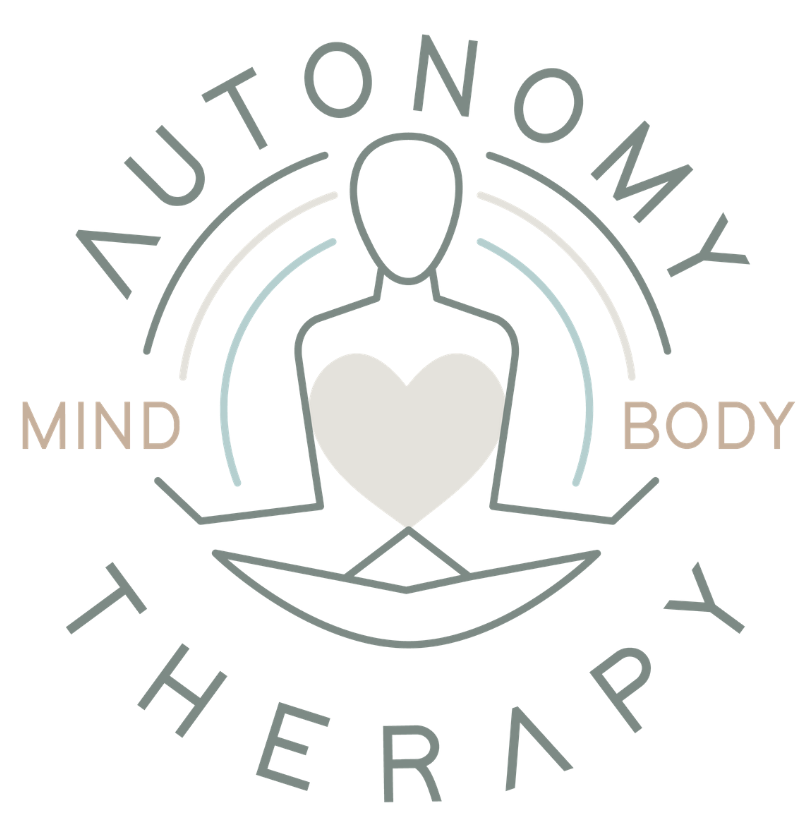Understanding the Complex Connection Between Borderline Personality Disorder and Eating Disorders
Borderline Personality Disorder (BPD) and eating disorders are two distinct yet often overlapping mental health conditions that can significantly impact an individual's well-being and quality of life. Understanding the relationship between BPD and eating disorders is crucial for effective diagnosis, treatment, and support. In this blog post, we delve into the complex connection between these two disorders and explore how they intersect.
**The Intersection of Borderline Personality Disorder and Eating Disorders**
Borderline Personality Disorder is characterized by intense emotions, unstable relationships, and a distorted sense of self. Individuals with BPD often experience feelings of emptiness, fear of abandonment, and impulsivity. Eating disorders, on the other hand, involve disturbances in eating behaviors and body image, such as anorexia nervosa, bulimia nervosa, and binge eating disorder.
While BPD and eating disorders are distinct conditions, they frequently co-occur. Research suggests that individuals with BPD are at a higher risk of developing eating disorders compared to the general population. Likewise, individuals with eating disorders may also exhibit symptoms of BPD, such as emotional dysregulation and difficulties in interpersonal relationships.
**Common Features and Overlapping Symptoms**
Several factors contribute to the overlap between BPD and eating disorders:
1. **Emotional Dysregulation**: Both BPD and eating disorders are characterized by difficulties in regulating emotions. Individuals with BPD may use disordered eating behaviors as a way to cope with overwhelming emotions, such as anxiety, depression, or distress. Similarly, those with eating disorders may use food restriction, binge eating, or purging to numb or suppress emotions.
2. **Negative Self-Image**: Individuals with BPD and eating disorders often struggle with negative self-perception and low self-esteem. They may engage in self-destructive behaviors, including restrictive eating, bingeing, or purging, as a means of exerting control over their bodies and attempting to meet unrealistic standards of beauty or worthiness.
3. **Impulsivity and Self-Harm**: Impulsive behaviors, such as substance abuse, reckless driving, or self-harm, are common features of BPD. Similarly, individuals with eating disorders may engage in impulsive behaviors related to food, such as binge eating or purging. These behaviors can serve as maladaptive coping mechanisms for managing distressing emotions or situations.
4. **Trauma and Attachment Issues**: Traumatic experiences, such as childhood abuse, neglect, or abandonment, are often associated with both BPD and eating disorders. These experiences can contribute to difficulties in forming healthy attachments, as well as impairments in self-regulation and emotional processing.
**Treatment Considerations**
Given the complex interplay between BPD and eating disorders, treatment approaches need to address both conditions simultaneously. Integrated treatment plans that incorporate evidence-based therapies for BPD, such as Dialectical Behavior Therapy (DBT), along with specialized interventions for eating disorders, have shown promise in improving outcomes.
DBT emphasizes skills training in areas such as emotion regulation, distress tolerance, interpersonal effectiveness, and mindfulness, which can be beneficial for individuals with both BPD and eating disorders. Additionally, nutritional counseling, cognitive-behavioral therapy (CBT), and family therapy may be helpful components of treatment for eating disorders.
Borderline Personality Disorder and eating disorders often coexist and present unique challenges for individuals seeking treatment and recovery. By understanding the complex relationship between these two disorders, mental health professionals can provide more comprehensive and effective care. It's essential to address both the emotional dysregulation associated with BPD and the disordered eating behaviors inherent in eating disorders to promote healing and recovery. With proper support, individuals can learn to manage their symptoms, develop healthier coping strategies, and cultivate a more positive relationship with themselves and their bodies.
Looking to start working with an eating disorder informed therapist? One of our clinicians, Haylie Hill, specializes in working with EDs and co-occurring disorders such as Borderline Personality Disorder. Reach out to schedule an intake call today!
